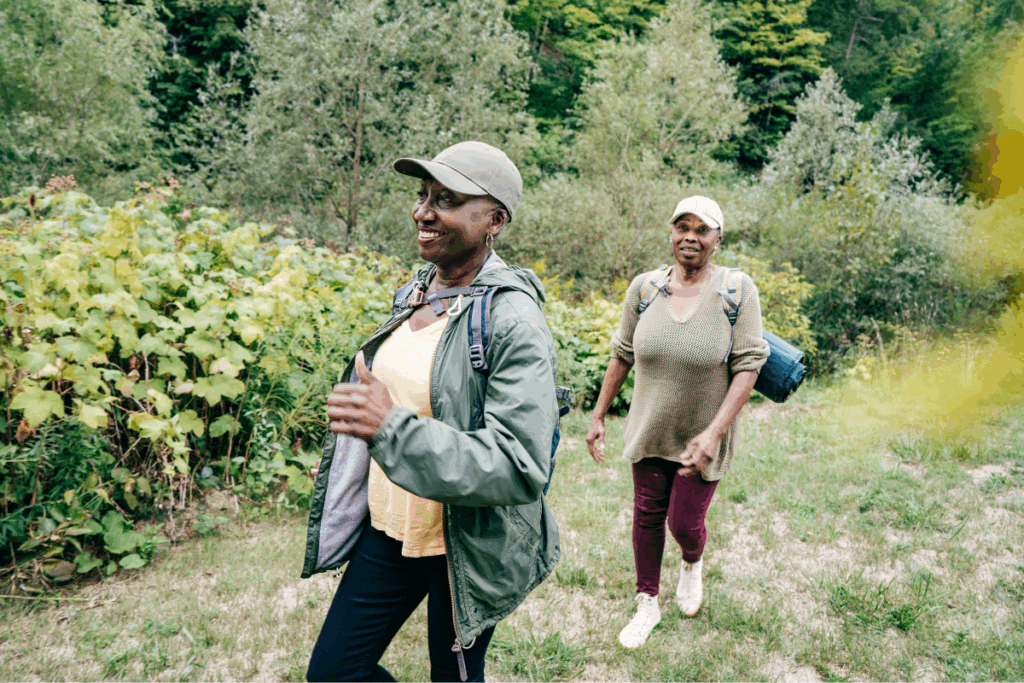
Staying active becomes more important – not less – as we age. Regular physical activity for seniors isn’t about running marathons or lifting heavy weights. It’s about maintaining mobility, independence and quality of life for as long as possible. Whether it’s a daily walk, gentle stretching, or a dance class with friends, movement can make all the difference.
Boosts Mental Wellbeing
Exercise helps reduce anxiety, stress, and even symptoms of depression. It increases the production of endorphins – the body’s feel-good hormones – and improves sleep quality and mental sharpness. For seniors, this can mean clearer thinking, better moods, and more restful nights.
Tip: Try chair yoga, tai chi, or a nature walk for a calming mind-body workout.
Supports Heart Health
Physical activity improves circulation, reduces blood pressure, and lowers the risk of heart disease and stroke. Seniors who move regularly are less likely to experience cardiovascular issues, which are more common with age.
Tip: Aim for 30 minutes of light to moderate activity most days of the week. Even gardening or housework counts!
Strengthens Bones & Muscles
Age-related muscle loss (sarcopenia) and bone thinning (osteoporosis) can be slowed – or even reversed – with regular strength-based exercises. This helps reduce the risk of falls and injuries.
Tip: Use resistance bands, light hand weights, or bodyweight exercises to build strength safely.
Improves Balance & Flexibility
Falls are a major concern for seniors. Exercises that improve balance, coordination, and flexibility play a huge role in fall prevention.
Tip: Practice simple balance exercises like standing on one foot or heel-to-toe walking. Join a balance and mobility class if available in your area.
Manages Chronic Conditions
Exercise helps manage symptoms of conditions such as arthritis, diabetes, and high blood pressure. It increases mobility in stiff joints and helps maintain a healthy weight, improving overall wellbeing.
Tip: Always consult your healthcare provider before starting a new exercise routine, especially if you have medical concerns.
Encourages Social Connection
Group classes, walking clubs, or dancing groups can combat loneliness and isolation, which are common among seniors. Staying socially active is just as important as physical fitness.
Tip: Look for local senior centres or community gyms offering group fitness classes.
Final Thoughts: Start Small, Stay Consistent
The best part? It’s never too late to start. Even gentle movements a few times a week can lead to noticeable improvements in energy, mood, and independence. Start with what feels right for your body and build from there. Every Step Counts.
Need Guidance?
If you’re unsure how to start or want help creating a routine that’s safe and tailored to your needs, reach out to a qualified fitness instructor or health professional. And if you’re preparing to move or downsize, staying active can help keep you strong and energized for the transition.
Looking for some easy exercises you can try: Find them on our blog – Simple Exercises to Improve Balance
